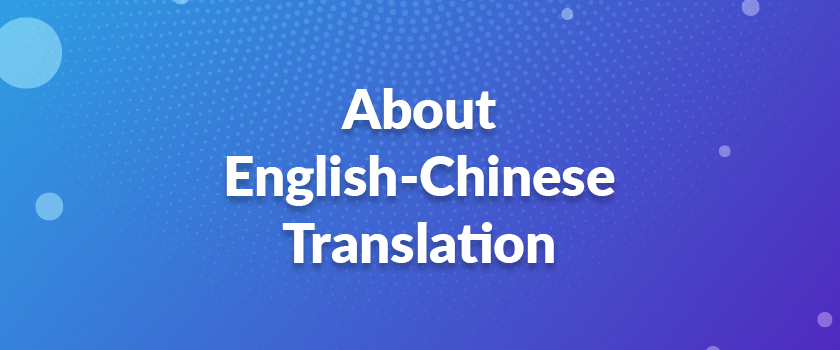In our English-Chinese translation, the translation about English for Science and Technology (called EST for short) accounts for main proration of our translation. From my aspect I find confirming the precise meaning of specific words and making the whole sentence comply with Chinese meaning are two difficult fields for me. Here, I will cite some sentences of English for Science and Technology mainly from the book “The Universe in a Nutshell”, a scientific book which is difficult to understand, to illustrate what is appropriate translation.
Example 1: Isaac Newton gave us the flint mathematical model for time and space in his Principia Mathematica,published in 1687. Newton occupied the Lucasian chair at Cambridge that I now
Hold, though it wasn’t electrically operated in his time.
牛顿在他 1687 年出版的《数学原理》中为我们展示了时间和空间的火石数学模型,当时牛顿担任剑桥的卢卡斯教席。我现在担任的正是同一教席。虽然在牛顿的那个时代这一教席不用电力驱动。
In this translation the translator paid too attention on the sequence of the original text and did not emphasis on the author’s humor. The so called “wasn’t electrically operated” in fact is a sarcasms of himself (Hawking) due to his illness. Thus, the sentence can be translated as the following sentence to indicate his humor.
牛顿在他 1687 年出版的《数学原理》中为我们展示了时间和空间的火石数学模型,当时牛顿担任剑桥的卢卡斯教席。我现在担任的正是同一教席。不过牛顿可不如我这么有福气,当年虽身居此位,却没捞着坐上电动轮椅。
Example 2: When Einstein was awarded the Nobel Prize in 1921, the citation was for important but (by his standard) comparatively minor work also carried out in 1905. It made no mention of
relativity,which was considered too controversia1.
1921年爱因斯坦获得诺贝尔奖时,其颂词是至关重要的,但是按照他的标准却是相对次要的,也是在1905年做的研究。它没有提及相对论,因为相对论被认为太过于争议性了。
The reader may be confused when reading the translation, in fact we need to clarify the real meaning of the sentence rather than translate it literally. The translation can be adjusted to the sentence hereinafter.
Read Also: Interpretation and Chinese-English Translation
1921年,爱因斯坦被授予诺贝尔奖,颁奖词大赞他于1905年所进行的具有重要意义,但(在爱因斯坦看来)相对不那么重要的研究(即光电效应)。这份颁奖词只字未提相对论,因为当时人们认为该理论仍有很大争议。
These two sentences are only a very small part of translation of English for Science and Technology. But we can realize some essence of translation of EST. We need to extend our scientific vocabulary and learn from the edited translation to cultivate our English sense.
Take a look at how we helped our client by localizing their project for Chinese language. Click here to read the complete case study



